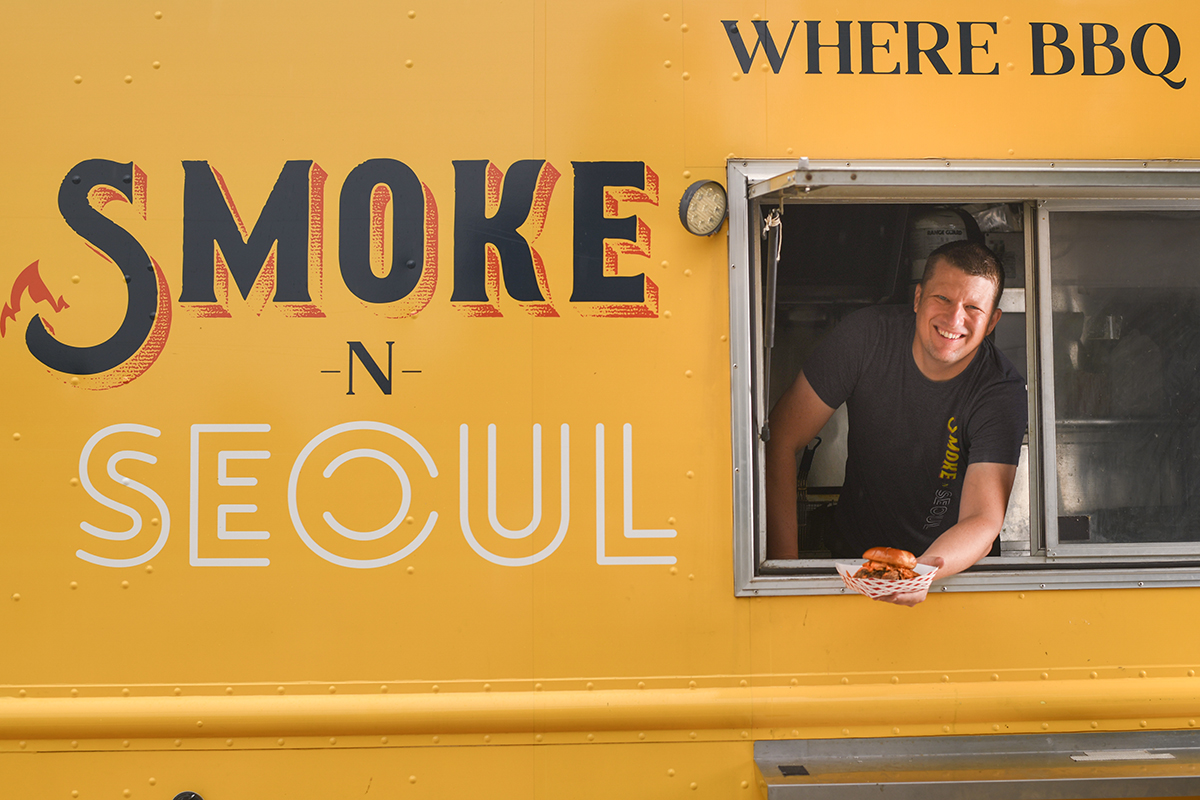“My grandfather Skip Carter was an engineer by trade, and he always wanted to be in radio. In fact, he built his first radio in his dorm room. My grandfather wrote an article for a magazine — I think it was in 1948 — asking: Why couldn’t African Americans be in radio? [Kansas] Gov. Alf Landon saw this article that my grandfather wrote, and because he knew him, he said, ‘Skip, I will help you get through the FCC process.’ Landon did what he said he was going to do. He went through the process and helped my grandfather get licensed. In the meantime, Landon had a radio transmitter. He said, ‘Hey, Skip, I’ve got a transmitter up in Lawrence. Just go up and get it and it’s yours.’ My grandfather went up on a flatbed truck and picked it up, drove back from Lawrence and worked on it in his garage. In 1950, the FCC granted them a license, and KPRS-AM became a radio station on radio band 1590. My grandfather’s first transmitter shack at the Monarchs’ baseball stadium downtown was one of those old ticket booths where one person stands in there, and the transmitter fit in there and he shut the door. He ran his antenna up to the right field rafters of the stadium, and that’s how he got his height. KPRS-AM went on the air on May 15, 1950. In 1963, KPRS switched from the AM band, 1590, to the FM band, 103.3. The format that they call it [urban contemporary] — that’s like ‘sanitation engineer’ instead of ‘trash man.’ It’s black radio. It’s black music — it’s always been that. The format that we have has been the music that’s popular with the black community. That’s our culture, that’s our history, and we’re not going to change that.”
— CEO and owner Mike Carter, as told to Kansas City




